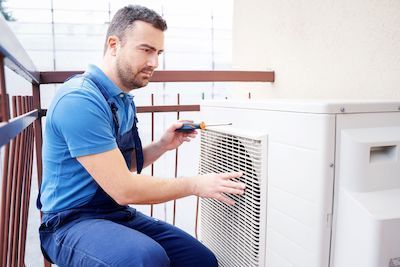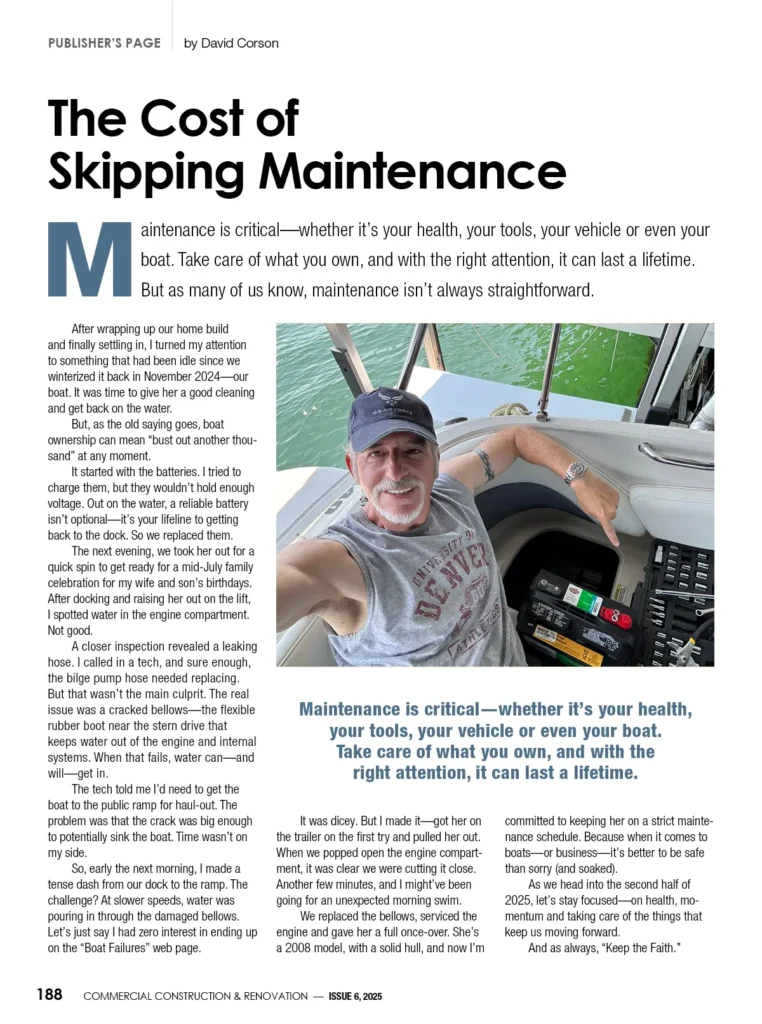A heating and cooling system is a crucial component in your home. It cools your home in hotter months while heating it in winter. Unfortunately, an inefficient heating, ventilation, and air conditioning (HVAC) system can consume a lot of energy, resulting in high monthly power bills.
However, there are simple things you can do to ensure your HVAC system works efficiently and doesn’t require too much power. For example, repairing electrical issues and replacing the air filters can significantly enhance the system’s operational efficiency.
If making your HVAC system efficient has been your goal for quite a while yet to no avail, worry no more. Here are some helpful tips you can try out. Read on.
Arrange For Professional HVAC Maintenance
If you’re in the United States, a trained HVAC tech should examine your system at least twice a year. One checkup should be scheduled in spring to ensure the system performs better at cooling your home, and the other in winter to enhance the heating capabilities of the HVAC.
During these checkups, an HVAC Alexandria technician in Virginia will thoroughly service the system. This is done by inspecting and troubleshooting any issue that might interfere with the system’s performance.
Suppose the HVAC expert finds a technical problem. They’ll then perform necessary touchups to correct it and enhance the system’s efficiency. The other things that the tech will do during an inspection include the following:
- Lubricating moving parts;
- Checking the thermostat calibration and settings;
- Checking if the system controls are working as they should;
- Attending to electrical connections accordingly;
- Cleaning and adjusting the blower components;
- Examining the condensate drain and cleaning it as required;
- Examining fuel line connections;
- Assessing the refrigerant charge;
- Cleaning the evaporator and condenser coils; and so on.
The technician will also examine the heat exchanger, gas pressure, and burner combustion to ensure they’re in perfect working condition.
Replace The HVAC Filters
How often do you replace your HVAC air filters?
Unfortunately, while most homeowners understand they should do this after 90 days, they tend to fail to do the filter replacement. As a result, they reduce the system’s efficiency due to dirt and debris accumulation in the filters. At the end of the day, the system works harder to generate much-needed clean air. Failing to replace the air filters doesn’t only reduce the system’s efficiency, it has negative impacts on air quality too.
If you’re looking to boost your HVAC system’s efficiency and attain excellent indoor air quality, ensure to replace the air filters whenever necessary.
Adjust The Thermostat Settings
Experts advise adjusting the thermostat settings by five or six degrees. During the summer, increase the temperatures and reduce them in winter. This saves you money by reducing energy consumption while preventing the system from working harder. You can also upgrade to a smart thermostat to automatically adjust the temperature when away from home.
Take Advantage Of Window Treatments
Did you know your window treatments, whether curtains or blinds, play a considerable role in your HVAC efficiency? Keeping the curtains or blinds closed in summer prevents excess sunlight from accessing your interior, allowing your home to remain cooler. On the other hand, opening the curtains in winter allows sunlight to access your home, introducing a warmer feel. As a result, your HVAC system doesn’t need to work hard, resulting in less wear and energy consumption.
Inspect The HVAC System Regularly
Scheduling HVAC upkeep twice a year is the bare minimum. Issues can arise between the inspections and interfere with the system’s workability. That said, it’s vital to regularly perform an eye inspection on your system to identify issues as they arise.
Regularly examine the thermostat, inside and outside the unit, and registers and returns. You should eyeball the condensate to determine if it’s draining correctly too. Lastly, ensure the registers and returns aren’t blocked and there’s no mold present.
Incorporate Household Fans
Adding a ceiling fan to work with a programmable thermostat is an excellent move in increasing HVAC efficiency. A ceiling fan helps circulate cool air in summer, preventing the system from straining.
Installing a ceiling fan is helpful in winter too. Ceiling fans push the warm air throughout the house to ensure it spreads evenly. When using a fan, you can lower your thermostat temperature slightly and not notice the difference.
Seal Leaks And Insulate Your Home
You should seal duct work running through unconditioned areas like the attic to block conditioned air from escaping. Though you can spot large leaks, it’s vital to have a professional assess your home to detect even the tiniest ones. In addition, professional contractors will determine how thick the insulation should be to improve HVAC efficiency.
Because poor insulation allows either warm or cool air to escape from your home, the HVAC system works overtime. Ensuring no indoor air gets out of your home prevents it from overworking and helps achieve unit efficiency.

Vacuum Vents And Keep Them Unblocked
Vacuuming indoor vents keeps them dust and debris-free. As a result, you maintain a balanced airflow from the HVAC system. Keeping toys and furniture away from the vents also prevents blockage.
Clear The Condensate Drain Line
The location of the drain line differs depending on the HVAC type. Nonetheless, most lines are under the interior or exterior condenser units. Regardless of where your system’s condenser drain line is located, clearing it is vital since blocked tubes cause many air conditioning issues.
Regularly check if the lines are clear to enhance the system’s efficiency and prevent future issues. Inspecting and clearing the condenser drain lines is something you can DIY – there’s no added cost for you to perform this simple HVAC check.
Conclusion
An HVAC’s overall operating efficiency is affected by multiple factors. To increase HVAC system efficiency, you must ensure the system has no issues at all by scheduling regular maintenance. Besides that, it’s recommended that you replace the filters of your HVAC every three months, have a professional inspect the system biannually, and perform tune-ups when needed. If you properly maintain your HVAC, it’ll translate to lower energy bills and prolonged unit lifespan.
*Featured Image Source
Images































